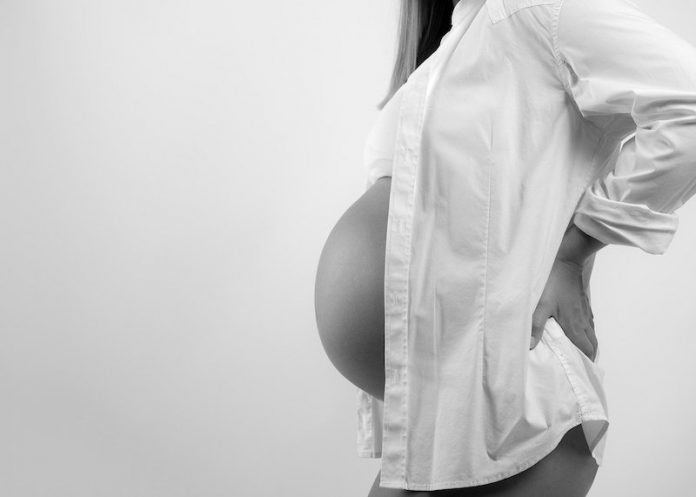
In a new study, researchers found a pregnant mother who tested positive for COVID-19 transmitted the virus causing the disease to her prematurely born baby.
Both were treated and recovered.
The case adds to a growing body of evidence that the SARS-CoV-2 virus can be transmitted in utero. It also underscores the importance of limiting COVID-19 exposure for pregnant women.
The research was conducted by UT Southwestern physicians.
Although more than 20 million people around the world have been infected with SARS-CoV-2 – the virus that causes COVID-19 – data on how the virus affects pregnant women have been limited.
An early study out of Wuhan, China, concluded that SARS-CoV-2 transmission from mother to baby was unlikely since the researchers found no copies of the virus in any amniotic fluid, umbilical cord blood, or breast milk.
But a handful of more recent studies have suggested there may be isolated instances in which such viral transmission does occur during pregnancy.
In the case described in the paper, a woman who was 34 weeks pregnant visited the emergency room with signs of premature labor and was admitted to the COVID unit at Parkland Memorial Hospital when she tested positive for the SARS-CoV-2 virus.
While she did not have the typical respiratory symptoms associated with COVID-19, she did have a fever and diarrhea, which suggested possible viral infection.
The woman, who did not know how she acquired the virus, remained hospitalized because of her COVID-19 diagnosis.
Three days after admission, her water broke. Following eight-hour labor in early May, she gave birth to a healthy 7-pound, 3-ounce girl.
About 24 hours after birth, the newborn developed a fever that spiked, and she also showed signs of respiratory distress, including an abnormally high breathing rate and lower levels of oxygen in her blood.
The team ran tests for viruses and bacteria. While other tests came back negative, a COVID-19 test was positive at both 24 and 48 hours after birth.
To help pin down how and when the transmission between mother and baby occurred, the team analyzed the placenta from the pregnancy.
They found signs of inflammation and evidence that the baby had been stressed.
They also examined thin slices of the placenta under an electron microscope, spotting structures that looked like viruses.
Then they tested small samples of the placenta for the SARS-CoV-2 virus. Currently available commercial tests for the COVID-19 virus all rely on bodily fluids, rather than solid tissues, to test for the virus.
Neither the mother nor the baby had severe enough symptoms to warrant treatment other than oxygen and fluids, and both fully recovered.
The baby stayed in the hospital for three weeks and was then released.
More data – including not only individual case reports but large cohort studies – are needed to better understand how COVID-19 affects both pregnant women and babies, the physicians say.
At UTSW, the case increased awareness that it’s possible for newborns to be born already harboring the virus.
One author of the study is Amanda Evans, M.D., an assistant professor of pediatrics specializing in infectious diseases.
The study is published in The Pediatric Infectious Disease Journal.
Copyright © 2020 Knowridge Science Report. All rights reserved.



